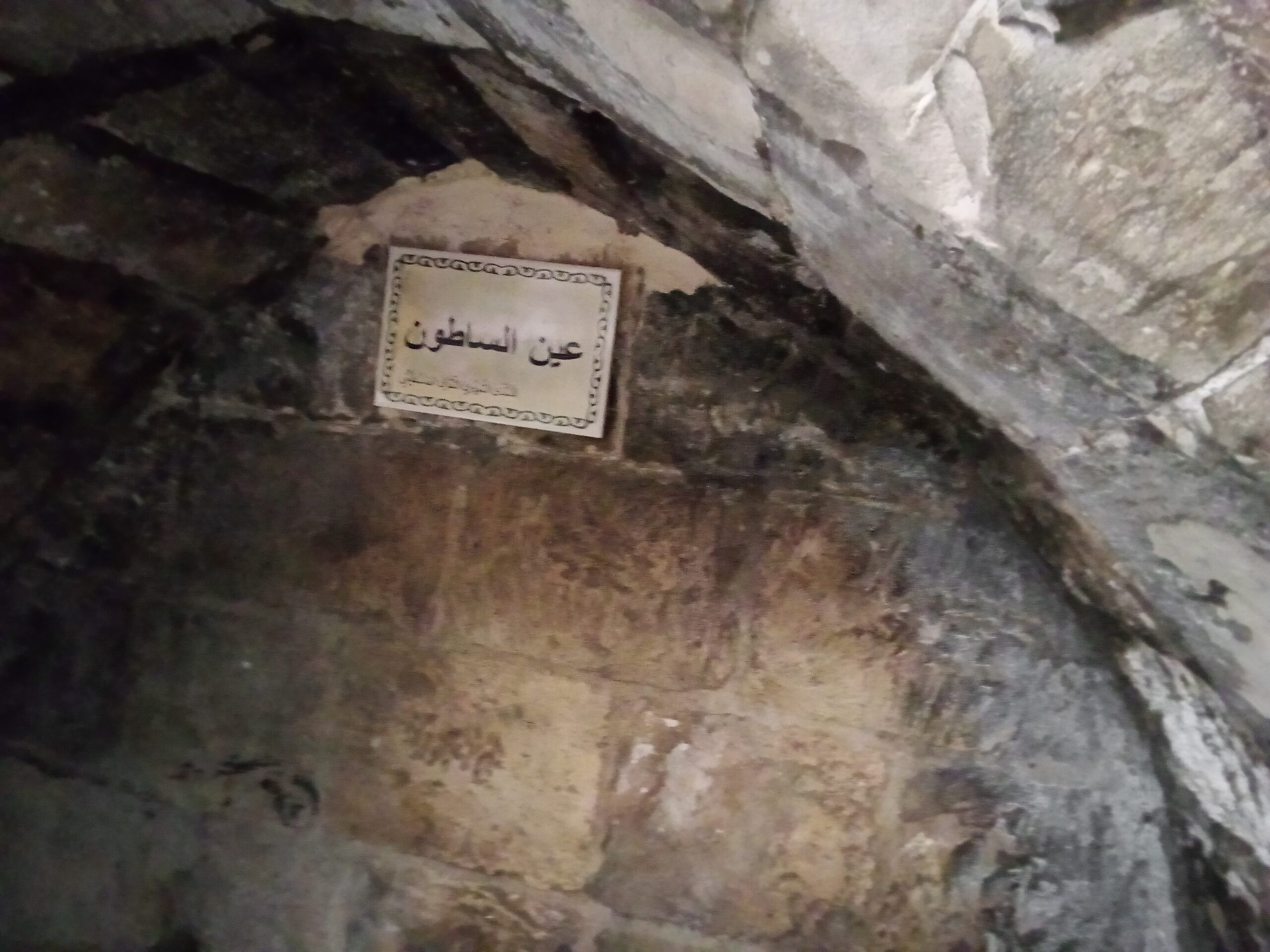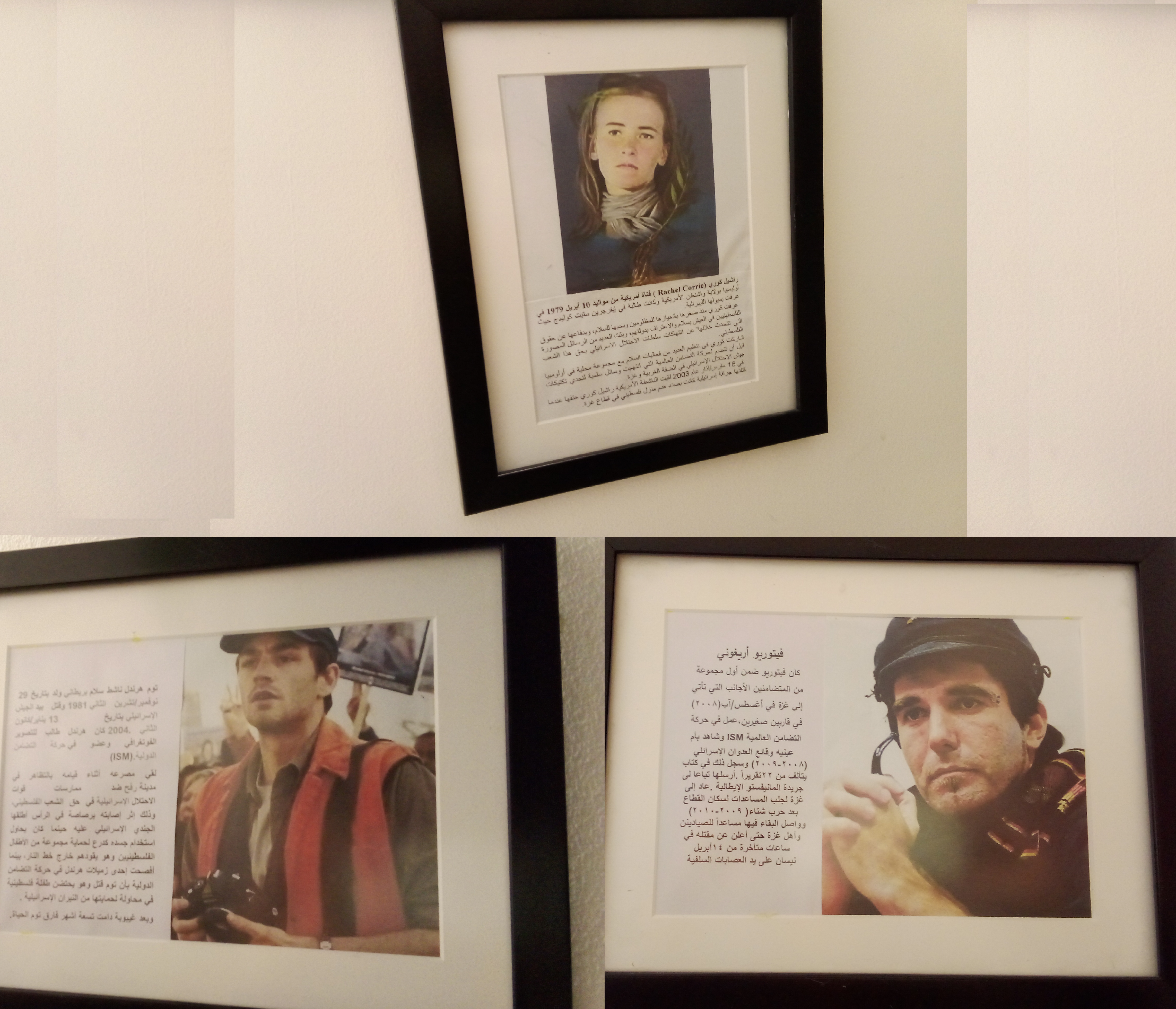In an age of disinformation, spectacle, and erasure, remembrance is revolutionary. Palestine has a rich 20,000 year history. Amid an ongoing catastrophe in the Holy Land that rivals the nakba in 1948, people in Nablus are keepers of memory.
One such project is the The Cultural Center of the Palestinian Narrative which raises awareness about Palestinian history, including mapping what Palestine was like pre-1948, and archiving witness testimony of ethnic cleansing.

Tanweer, another cultural center in Nablus, in addition to current efforts to introduce art, joy, and more freedom into the public sphere, has chosen to uncover the ancient names of the springs in the Old City of Nablus and surrounding areas. After rediscovering the names, they create and install signs to connect the present with the past and remind people what has been and what will be. In Arabic, the word for spring also means way or path. Names of words and places, like names of people, are often repositories of ancient wisdom.

Fitra is an Arabic word meaning “original disposition” or “innate nature”. It is common belief in Palestine and throughout the Arab and Muslim world that every person is born innocent with innate goodness, and only through social conditioning are people led to oppression and injustice. And so the inner work that must be done isn’t achieving something far removed from one’s self, but rediscovering, reconnecting with, and remembering one’s original nature.

Just as Jewish people throughout the United States, Europe, and the Middle East remember the horrors of their past and honor those who maintained their humanity amid the inhumanity around them, Palestinians remember the horrors of their past (and present), honor those who maintain their humanity amid the inhumanity around them, try to make a way where there is no way, and hope that the people of the world will not watch from afar their extermination, but instead, choose to remember their essential, original, buried under the rubble humanity.
